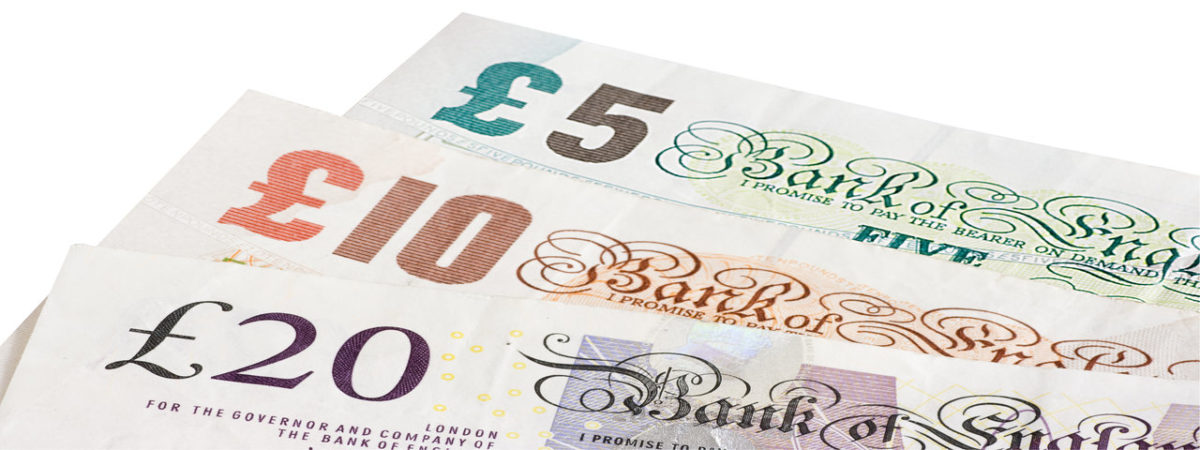SMPC holds Interest Rates
SUGGESTED

UK launch of the Heritage Foundation Index of Economic Freedom

Eighteen liberal academics set out their vision of a liberal utopia in a special publication to mark the 50th anniversary of the founding of the Institute of Economic Affairs.

SMPC voted by seven votes to two to hold interest rates
Members of the SMPC felt that there had been insufficient time to appraise the results of recent interest rate increases by the Bank of England. It seemed clear that the housing market was slowing and inflation was at the bottom of the target range but monetary growth was still strong. The international and UK economic situation also sent contradictory messages. Some members felt that domestic considerations alone would suggest that a rate rise was warranted but the international outlook was weaker.
Whilst members wished to see the results of recent increases in interest rates, many members did feel that action might have to be taken later in the year.
John Greenwood, (Chief Economist, AMVESCAP) said that, “although inflation is currently below target, it is rising, and monetary growth is uncomfortably rapid. A further rate hike may be needed later in the year”.
David B Smith (Chief Economist, Williams de Broe) suggested that UK consumer and retail price data had been on the high side of what might have been expected in November and December. People would be concerned if the January figure turns out to be poor. The private sector appeared weak but resources were being taken up by the rapidly expanding public sector.
Roger Bootle (Economic Adviser to Deloitte), on the other hand, suggested that a cut in interest rates would be necessary, but not immediately.
The uncertainty reflected in members’ views was compounded by a deterioration in the quality of data that was being released by the ONS. This uncertainty suggested that interest rates should be held for now although action might well be necessary later in the year.
Read the full report here.



